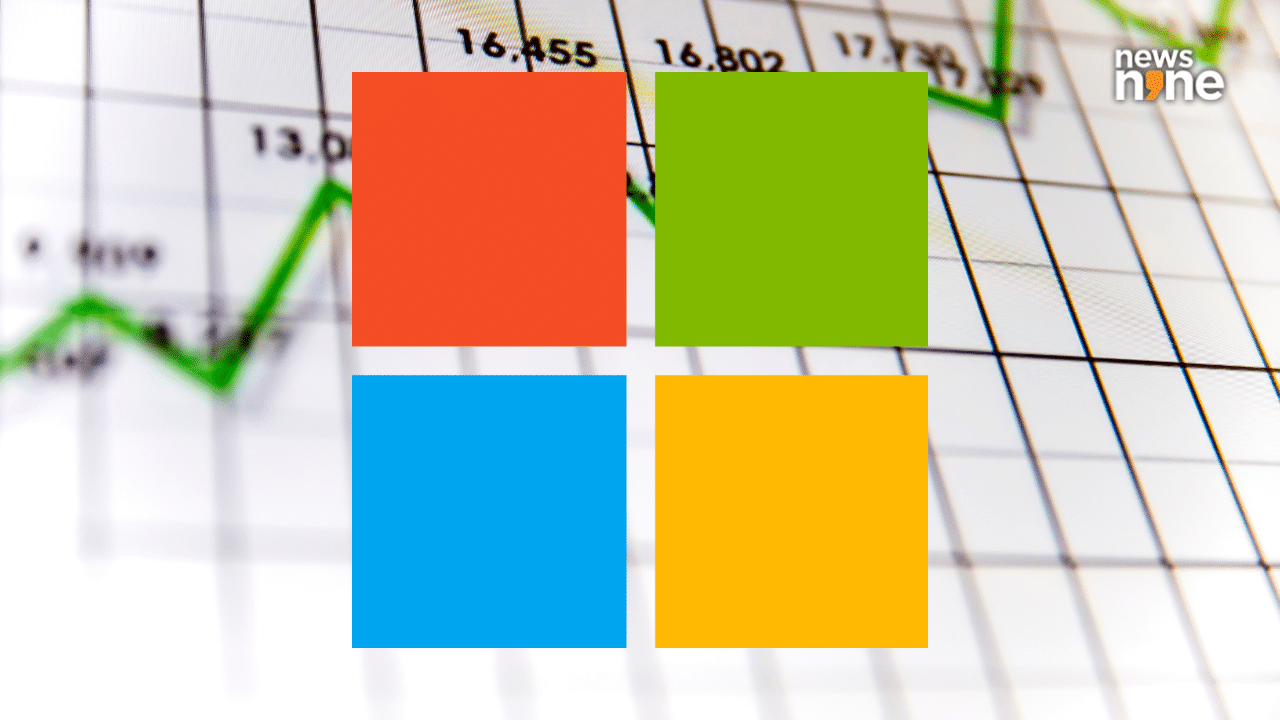Microsoft has stated that its cloud platform Azure has already exceeded $75 billion in annual revenue, which is a 34 percent growth compared to the year before it. The milestone also reflects the increased importance of the Azure platform in the transition of the company into artificial intelligence, as Microsoft has since integrated its AI tools with infrastructure cloud. It is the initial instance that the company has disclosed publicly Azure earnings, and it is the first time that investors have had a glimpse of the company’s cloud strategy.
In addition to the performance of Azure, Microsoft reported an increase in profits of 24 percent in quarterly earnings. The net income was reported as $34.3 billion, or $3.65 per share, which exceeded the analyst forecast of $3.37 per share. The quarterly revenue of the period ending in June was also higher at $76.4 billion compared to the forecasted figures. The solid finances enhanced the investor confidence as Microsoft continued to invest in its data centres and AI development.
Data centre expansion
CEO Satya Nadella said that Microsoft is growing its data centre capacity quicker than any competitor does and has more than 400 data centres spread across 6 continents. This accelerated growth serves its increased AI and cloud requirements and is also quite expensive. In a bid to control costs, Microsoft has sacked around 15,000 employees in the current year. But the overall number of employees has not changed, staying at 228,000, with a reallocation of positions to those based in the U.S. and fewer support or consulting positions.
Cloud rivalry and capital investment
Even with its growth, Azure continues to lag behind Amazon Web Services, which generated $107.6 billion during its last financial year. Microsoft is striving to get in sync by upping capital expenditures. The head of finance, Amy Hood, stated that July-September quarter spending will be 30 billion dollars. The high competition in the AI and cloud market has also seen Google increase its capital expenditure budget to $85 billion.
Microsoft cited the continuation of trade tensions and U.S. tariffs as some of the risks to its cloud and device supply chains. Although it did not measure the effect of tariffs, the company recognised that the instability of the world and changing U.S. policies are a problem in planning the business. Microsoft pointed out that fluctuations in tariffs would negatively affect the cost competitiveness of its cloud and device businesses.
